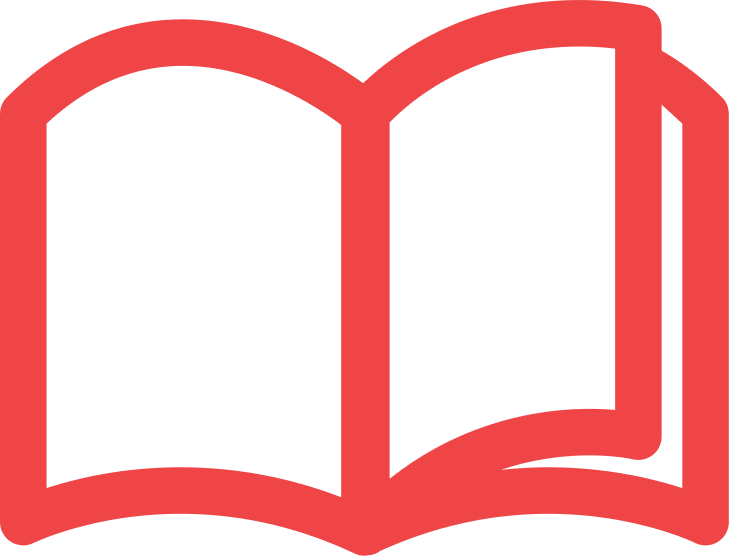 This is my first post about Albert Camus’s La Peste (The Plague). I’m about a quarter of the way through the novel now, and there’s SO MUCH to write about.
This is my first post about Albert Camus’s La Peste (The Plague). I’m about a quarter of the way through the novel now, and there’s SO MUCH to write about.
- Reading Camus in the context of the current COVID-19 situation provides a counterpoint outside the media frenzy from which to gain perspective and insight into what is happening at the moment.
- Much of the way in which the plague develops in Oran is uncannily familiar from news feeds over the past weeks.
- Camus’s psychological insights are razor sharp, an aspect of epidemics that has been under-analysed in recent coverage.
- La Peste shows to what a large extent an epidemic is a socio-cultural phenomenon at least as much as a “natural” one.
More on all of those points in future posts. For now, however, I want to focus on an “apocalyptic tone” struck in relation to current events.
No doubt murmurs of the end of the world will circulate on social media over coming weeks, with both religious and secular prophets showing us how the world will end or be changed dramatically and forever. Before we dismiss all apocalyptic talk as scare-mongering nonsense, let’s take another look at the central term in question. The Greek ἀποκάλυψις literally means “uncovering” or “revelation”, and taken in this sense a pandemic is truly an apocalyptic event: it strips away some of the varnish of convention and comfort that lacquers our normal lives, revealing instincts—both noble and base—that usually hide behind veils of propriety.
Camus understands this, and sets his reader’s expectations in the opening pages of La Peste, before any mention of the plague itself:
Une manière commode de faire la connaissance d’une ville est de chercher comment on y travaille, comment on y aime et comment on y meurt. (13-14)[1]
A convenient way of making a town’s acquaintance is to ascertain how the people in it work, how they love, and how they die.
Death is apocalyptic; it shows who we are. The threat of death, even abstract and intangible, not only reveals us to others, but also to ourselves. It challenges our umbilical attachment to modes of identity formation that rely on our customary roles and self-image (I am a professional; I am a sportsperson; I am in control), and it requires us to fall back on the only identity marker that the virus respects: we are human beings. This is truly apocalyptic.
[1] The following edition was used: Albert Camus, La Peste (Paris: Gallimard, 1955).
2 Comments
Comments are closed.

Thanks for this first post on “The Plague” Chris. I read Camus’ work a few years ago and thought it was brilliant, though I disagree with his underlying philosophical conclusions. The question of what it is to be human, which if I remember correctly runs through the book, is really, I think, is one of the big questions that we will have to face in the coming months.
I look forward to reading your next post!
Wishing you well.
Dear Chris,
I appreciate your work and I’m grateful for this particular initiative in times of plagues. I’m reading with you and Camus’ insight really struck me, as you say, as razor sharp. I found his description of the town as ‘modern’ fascinatingly and scarily familiar.
Looking forward to reading how he describes the actual events and your blogging through it.
Be encouraged in your work.
P.S.: Thanks for the link to Serres’ description of umbilical thinking. I found that also very insightful.